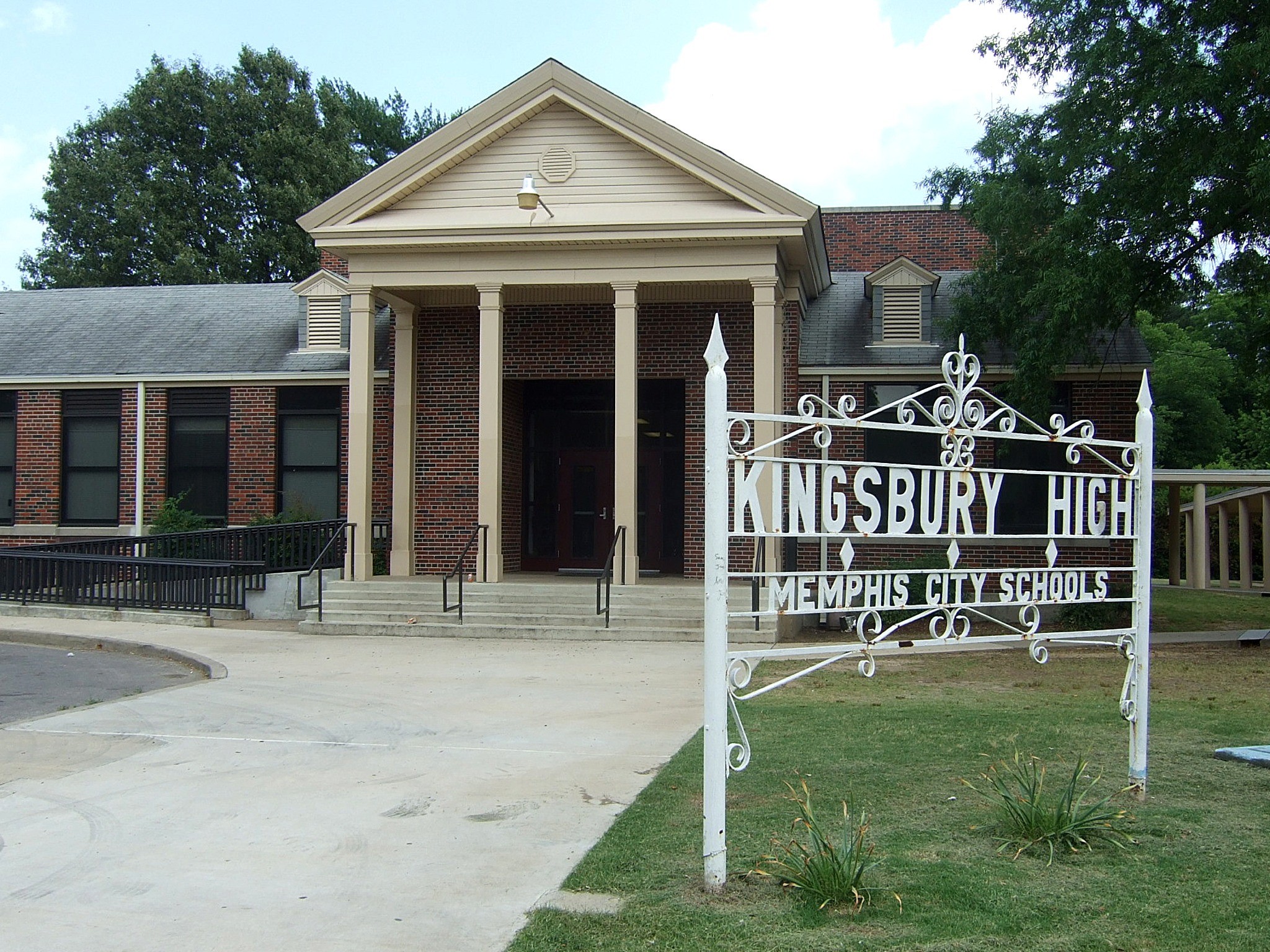
I could go on and on about the current state of public schools, but that is a waste of time. Having spent a year at Kingsbury High School teaching math, I was amazed at the level of dedication and enthusiasm of the teachers. What was disturbing was the broken process and misaligned goals of the system.
Some teachers are experts at bringing students up to speed. Other teachers are great at turning above-average students into superstars. We need both. When the pressure on teachers is to get the entire class to a certain level, you lose your superstars. The opposite happens if you focus on your superstars: Children get left behind (I couldn’t help myself). The bell curve shouldn’t be a spike right at 70 percent.
Students shouldn’t be judged solely by their averages either. Excelling at one thing is far better than being average at everything. If you are taking remedial math, then maybe you are judged by the average progress. If you are teaching AP math, then you need to be judged differently. The way we rate teachers and students has to align with real-world needs.
We have to take the administration burden off of teachers. At Kingsbury, and I imagine other schools, I had to take roll in three separate places. One was the central system, one was another system parents could access, and the third was the old-fashioned book. I had to do the same with grades. So, having 160 students times three, well, you get the point. Taking roll is just one example. There is a long list of mandated activities. Teachers only get students for brief periods of time – and that time needs to be spent teaching.
Trust the teachers. Everyone preaches innovation, and then they leave no room or time for it. Teachers have very specific curricular tasks that must be done in every class period. What standard was taught today? Did you have objectives and a guiding principle clearly posted? Did you hit on all 13 rubric items during your lecture?
Crafty teachers would have a lesson on standby for any time an observer was present. Structuring your lesson around an observation rubric is counter to innovation. If I wanted to spend Monday exploring triangles and trying to get students engaged about the real world questions that could be answered through applying geometry, I would have ended up sitting across from a math coach or an administrator and being told the error of my ways. It wasn’t that I didn’t want to teach sine, cosine, and tangent. But the students needed to know what they could do with that knowledge. They had to be engaged before they would apply themselves. This isn’t accomplished with a single “guiding question.”
I believe goals are important, but the solutions in education will come from the teachers. Establishing a lofty education goal is vital to our competiveness and success as a country. Education can solve a lot of society’s ills. Teachers can share best practices and then adapt them to best suit their individual classroom. Best practices do not need to be decided on by an administration and then forced down upon the teachers. Only a teacher is in a position to quickly ditch one methodology and try another. At Kingsbury, we were mandated to spend a certain amount of time in a computer lab using a program that MCS bought. The students would answer multiple-choice questions and the program would adjust difficulty, based on performance. Would that time not have been better spent presenting the students with a problem and letting them use the technology to find solutions and present answers? It depends on the needs of those students as individuals. Only teachers are right there on the spot and able to make that judgment.
We have got to protect the teacher/student relationship and find flexible ways of measuring success. I never learned a thing from my principal. The Tennessee legislative body didn’t teach me how to find the slope of a tangent line. The school district’s curriculum body didn’t teach me about the time value of money. It was my teachers. We can’t continue to smother teachers with a giant one-size-fits-all wet blanket of assessment standards.
Ryan Hamlin is a University of Memphis graduate and veteran of the U.S. Army who worked at Medtronic, McKesson Pharmaceutical, before teaching at Kingsbury High School for a year. He is in his first year at Lincoln Memorial University’s DeBusk College of Osteopathic Medicine.